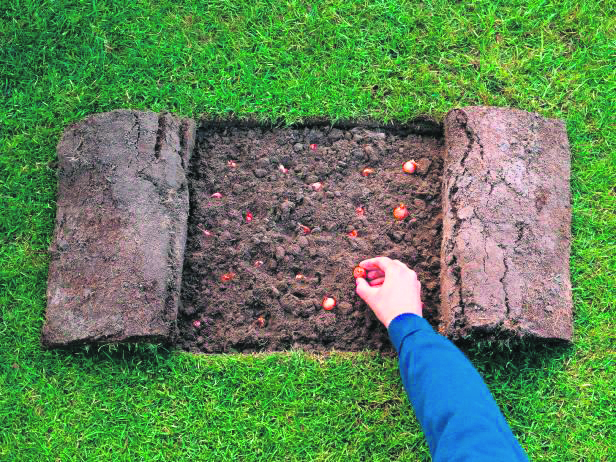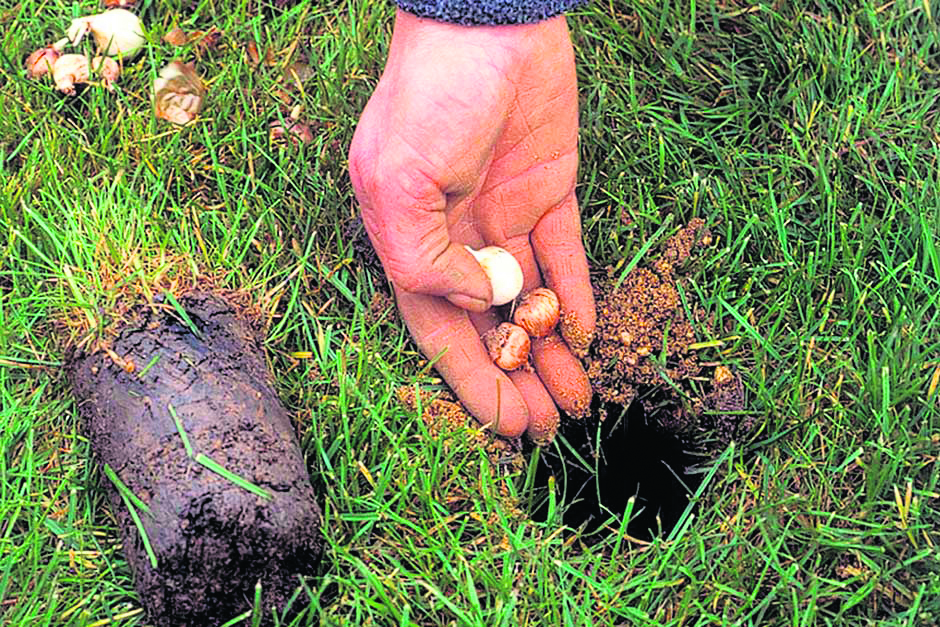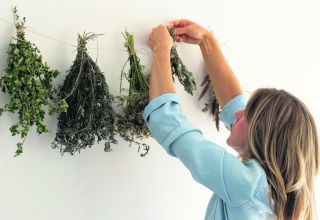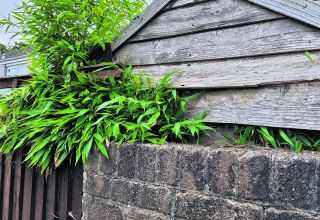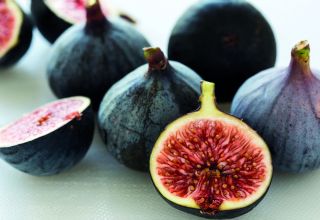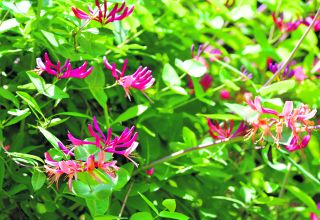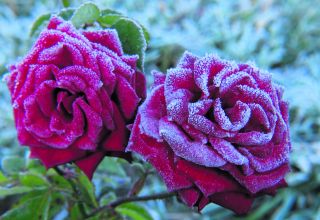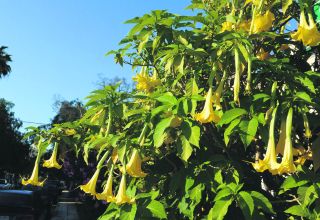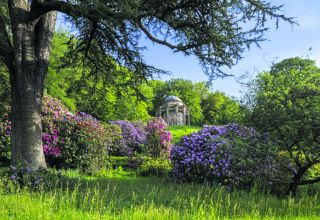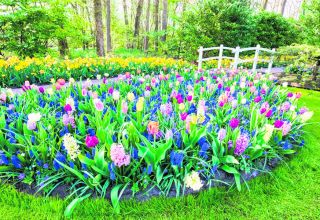
Spring bulbs will be in garden centres later this month and it’s the chance to plant and plan in September for sensational colour next year.
Planting spring bulbs is one way of coming to terms with the end of summer. September is the best month to plant these bulbs, to make the most of the dry, warm days forecast when the soil stays warm and roots can get established.
If you lifted bulbs earlier this year and left them drying in a shed, or heeled them into a hidden corner of your garden and forgot about them, now is the time to replant – although you should leave tulips until October to avoid diseases.
There are many types of narcissus to choose from. The early-flowering Narcissus ‘February Gold’ with its single flower per stem, is a welcome addition to any garden because it arrives so early, while the late spring Narcissus ‘Hawera’ with its multiple stems and delicate flowers will keep the spring colour well into April or even May.
Plant them in groups – odd numbers work best – near the front to middle of your flower borders, using a trowel to dig holes two to three times the depth of each bulb.
You can plant daffodils (Narcissus), snowdrops (Galanthus), crocuses (Crocus), grape hyacinths (Muscari botryoides) and scillas (Scilla bofolia) in September,.
Anemone blanda, which comes in beautiful shades of blue and white, will give you lots of colour even in its first year and will happily seed itself around, but is never invasive. Wherever it pops up, it makes a welcome sight in early April.
The little corms are reasonably priced and look like little black rabbit droppings. Plant generously five inches beneath the surface. Combine with winter aconite (Eranthis hyemalis), which is in the same family. It’s a little harder to establish, but worth the effort to get a carpet of blue and yellow in spring.
Iris reticulata is one of the earliest bulbs in the garden, some flowering in February.
Planting bulbs in the grass
This is more easily done if the grass is short. This has the added advantage that you’ll see the flowers much more clearly with the grass cut short.
When planting in grass, remember to go for a very natural look, avoiding straight lines and regimental spacing. Scatter the bulbs from the bag with a sweep of your hand like a sower sowing seed and then plant each bulb where it falls.
On heavy soil, add a little grit or spent compost to the newly dug hole, drop in the bulb and move on to the next. As you cut the second hole, this dislodges the first core of soil still sitting in the bulb planter and this can then be placed over your first bulb.
There are a couple of final things to remember, don’t cut the grass and bulb foliage until all the bulb leaves have turned yellow and second, don’t add any fertiliser. This feeds the competing grass more than your bulbs. If the soil is very poor you can use a sprinkling of potash.
Put out a spring welcome mat
A shady front door with a paved approach can be brightened by the addition of spring colour.
Bulbs do really well in pots. A combination of narcissi, tulips and hyacinths in a limited palette of purples and whites creates a display with real wow factor. As bulbs fade, the pots can be moved around and replaced with those that are starting to bloom. You could go for a riot of colour for contrast, or a more subtle look in a limited colour scheme that complements with your front door or the materials in the paving or walls.
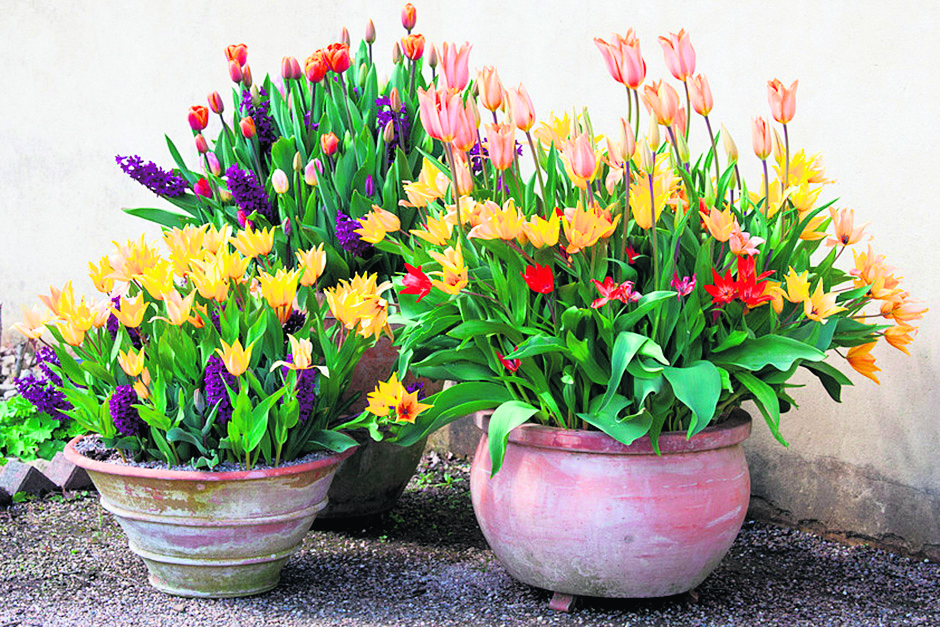
Bulbs for shade
Scilla siberica – or the Siberian squill – is ideal for the problem of planting bulbs in the shade, producing lovely electric blue flowers that are either shaped like stars or bells with long, shiny, racing green leaves.
You will need to plant a couple of dozen bulbs at least to get a good show next spring, but the wonderful thing about scillas is that they spread like mad if the conditions are right.
Some of the best bulbs that bloom in the shade:
snowdrops
crocuses
early tulips
miniature daffodils
leucojum
chinodoxia
lily of the valley

